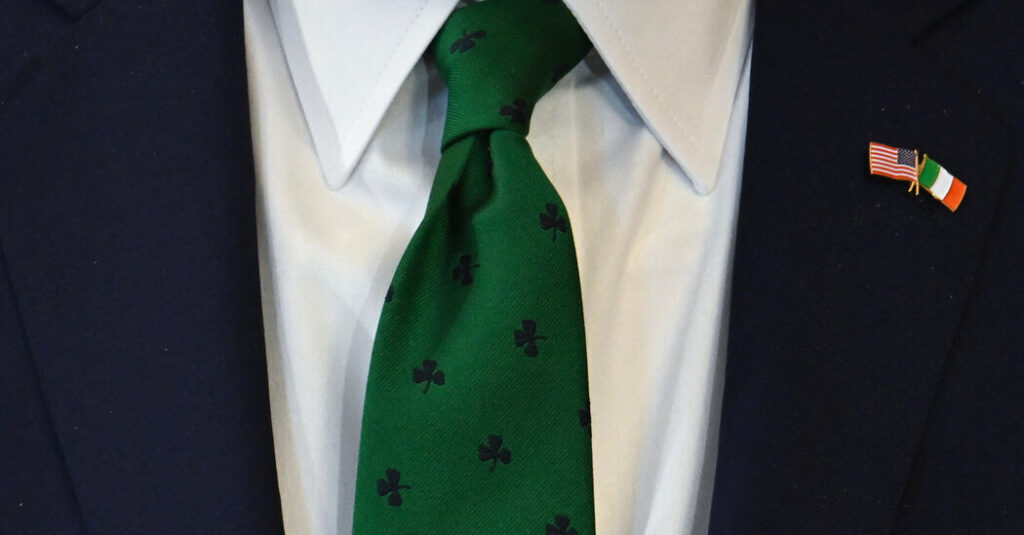Ireland is an exception in Europe in this regard. In a January poll, 71% of Irish respondents said they believed Palestinians were living under Israel's apartheid system. In another poll in February, 79% said they believed Israel was committing genocide. In contrast, only 27 percent of people in seven Western European countries said they sympathized more with Palestinians than with Israelis. Here in Britain's first colony, stripped of its status by the War of Independence, empathy for the Palestinian people runs deep and is born out of a shared historical experience.
This sentiment has sparked an extraordinary wave of pro-Palestinian action in Ireland since the war began. The series of protests, including countless concerts, fundraisers and demonstrations calling for a ceasefire and an end to the bombing of Gaza, goes far beyond any fringe concerns. The protests in Ireland were large-scale and spread across the country, with participants representing a wide range of ages, classes, ethnicities and political affiliations. It brings together trade unionists, Gaelic footballers, journalists, members of the public young and old, politicians, health workers and LGBTQ people. It's truly a national phenomenon.
The chants at pro-Palestinian demonstrations around the world are quite similar. However, during the winter months, certain chants took hold on the streets of Ireland. St. Patrick's Day is months away, but protesters were keeping an eye on the annual meeting between the Irish Prime Minister (Taoiseach) and the US president in Washington. Every March 17th, the Irish leader presents the American president with a bowl of shamrocks in the Oval Office. In keeping with this tradition, the chant was hearteningly simple: “Genocide Joe doesn't need a shamrock.”
It has become popular and has become the aural focal point of protests across the country, particularly with the largest demonstration taking place on Saturday in Dublin city center. The piece is a slightly modified version of a mural in Belfast, where the Palestinian flag has long flown in nationalist communities. Spray-painted along the tram tracks in Dublin. And social media, where people draw black shamrocks on their palms, has taken hold. The agitation centered around demands for Prime Minister Leo Varadkar to boycott this year's visit to the White House.
With that demand, Mr. Biden became the focus of Irish anger. At the protests, he was rebuked by public figures, particularly Bernadette Devlin McAliskey, a hero of the civil rights movement in the north of Ireland in the 1960s. In the press, pundits lined up to pass judgment on the US president, including acclaimed novelist Sally Rooney, who characterized the attack on Gaza as “Biden's war.” Sometimes the criticism was intimate. In County Louth, where Mr Biden's great-grandfather James Finnegan was born, people gathered at a cemetery to condemn the president for betraying his roots.



